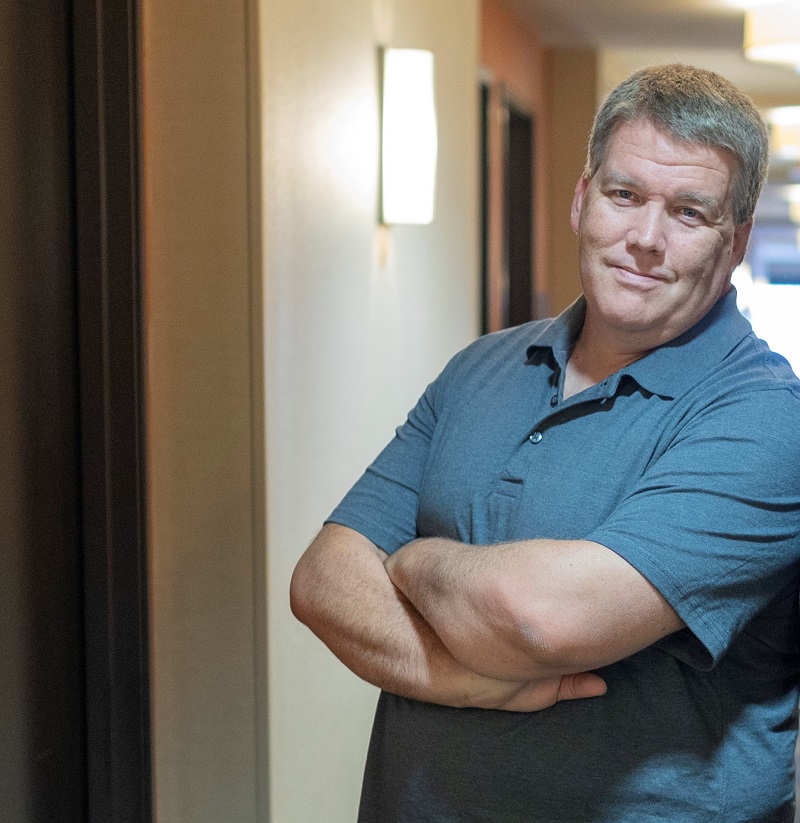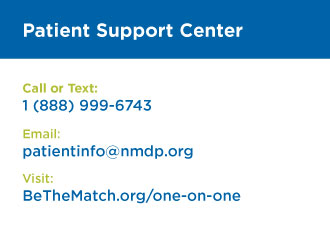You may know Be The Match® for our work in helping patients find their donor match when there is not one in their family. But did you know we also support patients and their related donors? Our Related Donor Services program makes it easier for family members to donate blood stem cells to relatives in need of a transplant.
Here are three ways Related Donor Services can help patients, their related donor, and their families.
1. Solutions to overcome travel, financial or logistics challenges
Transplant doctors may ask a related donor to travel to the transplant center where his or her loved one is getting care. But it’s not always easy for the donor to do so, especially if the donor lives far away. With our Related Donor Services team’s support, all of the donor’s appointments—including donation—can be scheduled closer to home.
When using our Related Donor Services program, donors receive donor insurance to cover medical expenses and Be The Match reimburses the donor for lost wages due to missed work hours for the donation. If a donor does need to travel away from home for the donation, Be The Match coordinates and pays for travel and lodging.
If the donor lives outside of the United States, Be The Match may be able to work with the registry in the donor’s country to coordinate the appointments and donation.
2. Support from a dedicated workup specialist
From start to finish, related donors have the support of a dedicated Be The Match team member called a workup specialist. The workup specialist coordinates all the details. To start, the workup specialist calls the donor and explains the entire process. Next, they’ll work with the transplant center and patient’s care team to schedule any needed checkups and appointments before donation. Finally, they’ll schedule the donation and ensure that the donor’s cells are safely delivered to his or her family member.
3. Financial grants for transplant patients
When using Be The Match’s Related Donor Services, the patient has access to our financial grant program. These grants help with costs related to seeing if any family members are a match, as well as after-transplant costs like copays, transportation, gas and medicine. Transplant center social workers can help patients find grants they may qualify for and apply.
All transplant patients and their caregivers also have access to educational resources and one-on-one support tailored just for them.
Learn more
If you or a loved one may benefit from the Related Donor Services program, ask the transplant team you’re working with if they are using or considering the program. You can also learn more on the Related Donor Services web page.


